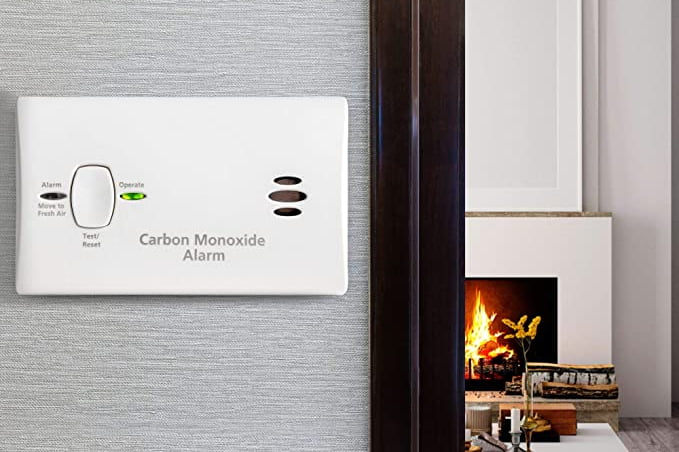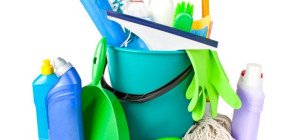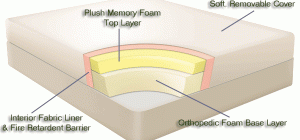 So, you’ve decided to invest in a carbon monoxide detector?
So, you’ve decided to invest in a carbon monoxide detector?
Wise choice. It could be the best decision you’ll ever make.
Carbon monoxide is known as the “silent killer” because the noxious gas is both odourless and colourless. Many people have died from carbon monoxide poisoning in their sleep, and many others didn’t notice anything until it was too late.
Because you’re purchasing such a crucial bit of kit, you need to make sure your device is up to the task. There are an alarming number of dodgy alarms out there, and choosing the wrong one could be deadly.
So how do you sort the wheat from the chaff? We’ll show you with these five simple tips.
- Stick With A Trusted Brand
If there’s one tip that could save your life, it’s this: avoid purchasing a carbon monoxide detector from a little-known brand.
Although these crucial safety devices are well-regulated in Australia, popular online marketplaces (and some fly-by-night, brick-and-mortar retailers) continue to sell substandard alarms. If you come across a bargain-basement carbon monoxide detector from a brand you’ve never heard of before, steer clear. Chances are it’s not up to Australian standards and will fail when you need it most.
Your best bet is to stick with a well-known brand that’s been in the business for decades or more.
While there are several reputable carbon monoxide manufacturers out there, we can confidently recommend LIFESAVER. Both their smoke and carbon monoxide alarms are reliable, user-friendly, and safe.
- Purchase From Trusted Retailers or Websites
As much as you should consider what you’re buying, you also need to be careful about who you buy it from.
Well-regarded brick-and-mortar retailers and online stores only stock high-quality carbon monoxide alarms that meet all Australian Standards—their reputation depends on it. If you purchase your alarm from a well-established shopfront or website, you can rest easy knowing it’s safe.
The danger comes when shopping at sketchy places like flea markets, online marketplaces, and unfamiliar websites. If opting for the latter, at least check how long they’ve been in business and ensure they’ve got a physical address and phone number listed in the “About Us” section.
- Be Cautious of Online Marketplaces
Everybody knows you can snag a bargain at the big online bidding sites and marketplaces. With minimal overheads, their crafty digital vendors can undercut the competition to flog off all sorts of popular products at rock bottom rates.
The problem is counterfeit goods run rife on these sites. Although purchasing a fake Gucci handbag probably isn’t the end of the world, a bogus carbon monoxide alarm could be a death sentence.
Online marketplaces are also notoriously hard to regulate. Try as they might to crack down on cowboy vendors, there’s always going to be a few that slip through the cracks. Stacks of dirt-cheap carbon monoxide alarms out there don’t meet Australian Standards, putting unsuspecting families at risk.
- Ensure You’re Purchasing An Audible Alarm
Some of the older, more basic carbon monoxide detectors don’t sound an alarm. Rather, they have a visible patch that changes colour in the presence of carbon monoxide. It’s up to you, the householder, to monitor this patch and respond accordingly.
You don’t want these, no matter how much money you may save.
Think about what happens when you’re asleep—you certainly won’t notice a patch changing colour in the hallway. And even if there is a build-up of carbon monoxide while you’re awake, chances are you won’t bother to inspect the patch that day.
Always double-check you’re purchasing an audible alarm. Look for some mention of a decibel (dB) rating to be sure.
- Check for Compliance with Australian Safety Standards
Regardless of how you feel about our Great Southern Land, there’s one thing we can all agree on: Australia takes safety pretty darn seriously.
Therefore, it’s safe to say (pun intended) our beloved nanny-state will set the bar pretty high when regulating carbon monoxide alarms. If you’re purchasing a product approved by the EN50291.1:2010 Australian Standard, then you’re onto a winner.
That is, of course, unless you picked up a sketchy knock-off alarm from one of those notoriously under-regulated online marketplaces. Again, you should avoid those.
Whether you’re looking to purchase a carbon monoxide alarm wholesale or just want one for individual use, you must do your research first. By following these five nifty tips, we’re confident you’ll find a reputable carbon monoxide alarm to keep your household safe.







